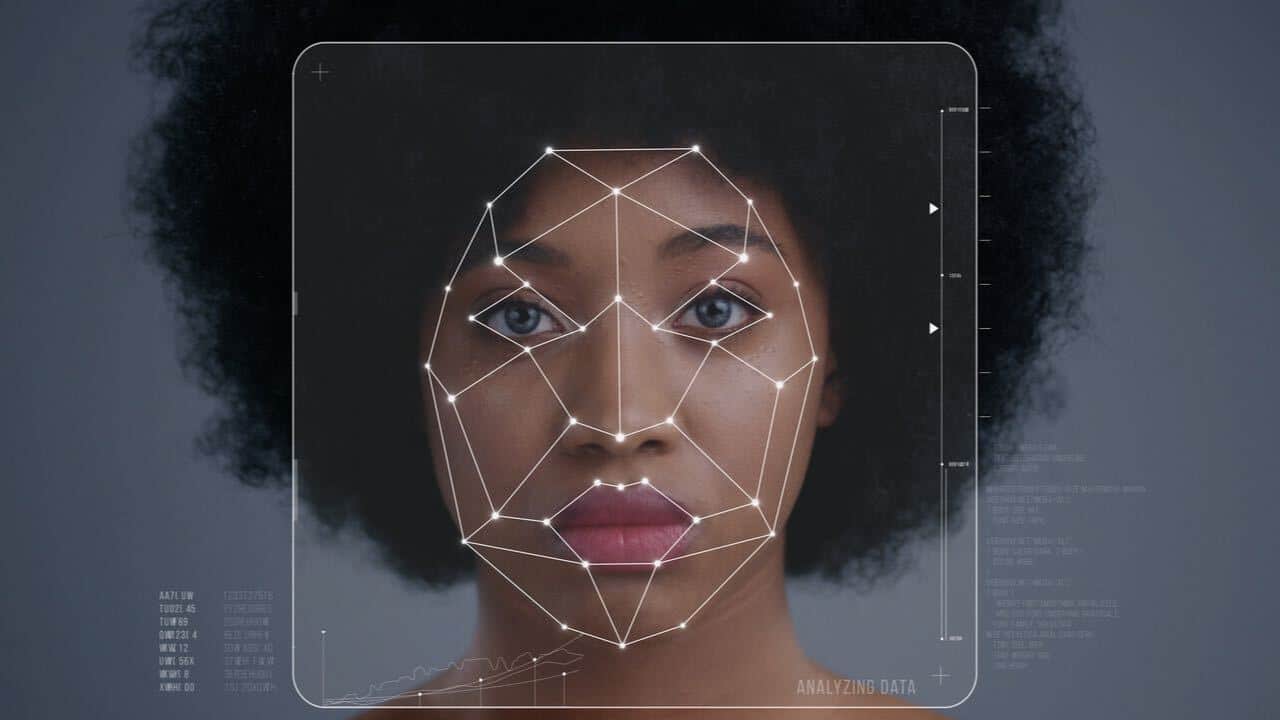
Artificial intelligence (AI) has the potential to impact minority communities in both positive and negative ways. Here are some potential effects:
- Bias amplification: If AI systems are trained on biased or incomplete data, they can perpetuate and amplify existing societal biases, which may disproportionately affect minority communities. For example, biased algorithms used in hiring processes can perpetuate discrimination against certain minority groups.
- Accessibility and inclusion: AI can contribute to improving accessibility for minority communities. For example, speech recognition technology can enhance communication for individuals with disabilities. AI-powered translation tools can help bridge language barriers and facilitate communication in diverse communities.
- Healthcare advancements: AI can lead to advancements in healthcare, potentially benefiting minority communities. For instance, AI algorithms can help diagnose diseases more accurately and at an earlier stage, improving healthcare outcomes for individuals from all backgrounds.
- Increased surveillance and privacy concerns: The use of AI in surveillance systems raises concerns about privacy and potential targeting of minority communities. If AI-powered surveillance is not properly regulated, it can disproportionately impact these communities and exacerbate existing social inequalities.
- Empowerment and education: AI has the potential to empower minority communities by providing access to educational resources and opportunities. Online learning platforms, personalized tutoring systems, and adaptive learning technologies powered by AI can help bridge educational gaps and provide tailored support.
- Socio Economic impact: AI adoption may lead to job displacement and changes in the labor market. Minority communities may face particular challenges in adapting to these changes, especially if there are barriers to accessing AI-related education and training opportunities. It is essential to ensure equitable access to AI education and job opportunities to prevent exacerbating existing socioeconomic disparities.
To mitigate the negative impacts and harness the benefits of AI for minority communities, it is crucial to promote diversity and inclusion in AI development, address bias in algorithms, ensure transparency and accountability in AI systems, and implement policies and regulations that protect the rights and interests of all individuals, regardless of their background.